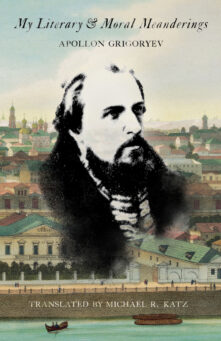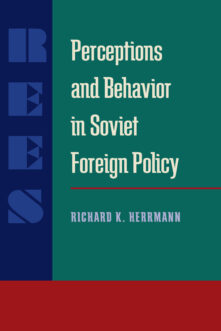Books
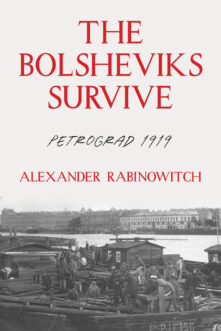
The Bolsheviks Survive
Petrograd 1919
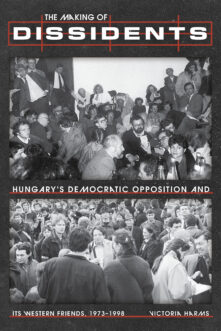
The Making of Dissidents
Hungary’s Democratic Opposition and Its Western Friends, 1973-1998
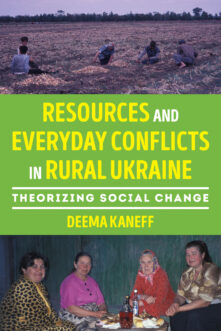
Resources and Everyday Conflicts in Rural Ukraine
Theorizing Social Change
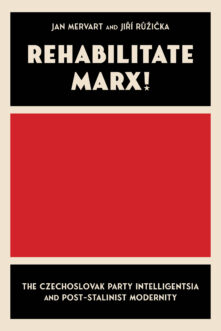
Rehabilitate Marx!
The Czechoslovak Party Intelligentsia and Post-Stalinist Modernity
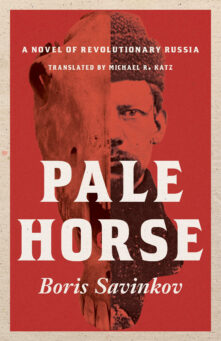
Pale Horse
A Novel of Revolutionary Russia
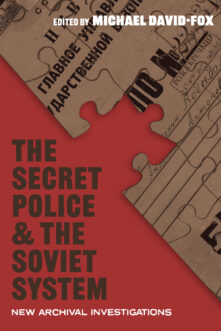
The Secret Police and the Soviet System
New Archival Investigations
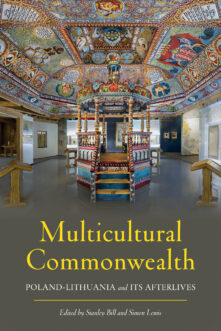
Multicultural Commonwealth
Poland-Lithuania and Its Afterlives
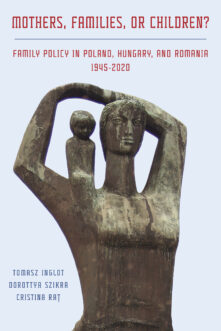
Mothers, Families or Children?
Family Policy in Poland, Hungary, and Romania, 1945-2020
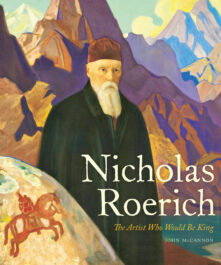
Nicholas Roerich
The Artist Who Would Be King
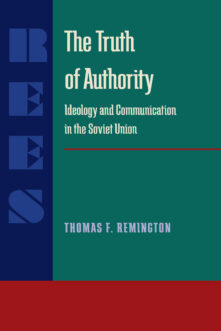
The Truth of Authority
Ideology and Communication in the Soviet Union
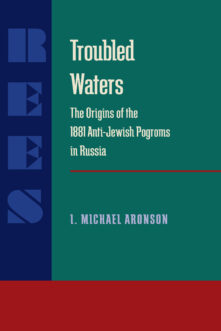
Troubled Waters
Origins of the 1881 Anti-Jewish Pogroms in Russia
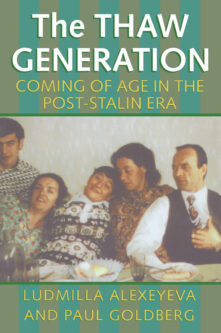
The Thaw Generation
Coming of Age in the Post-Stalin Era
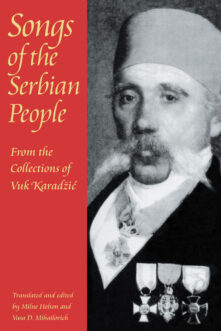
Songs of the Serbian People
From the Collections of Vuk Karadzic
Total 113 results found.


